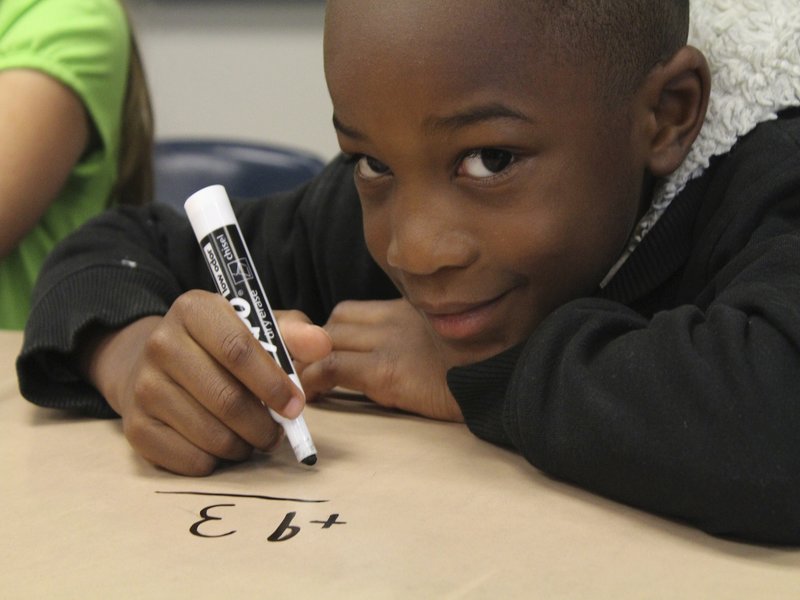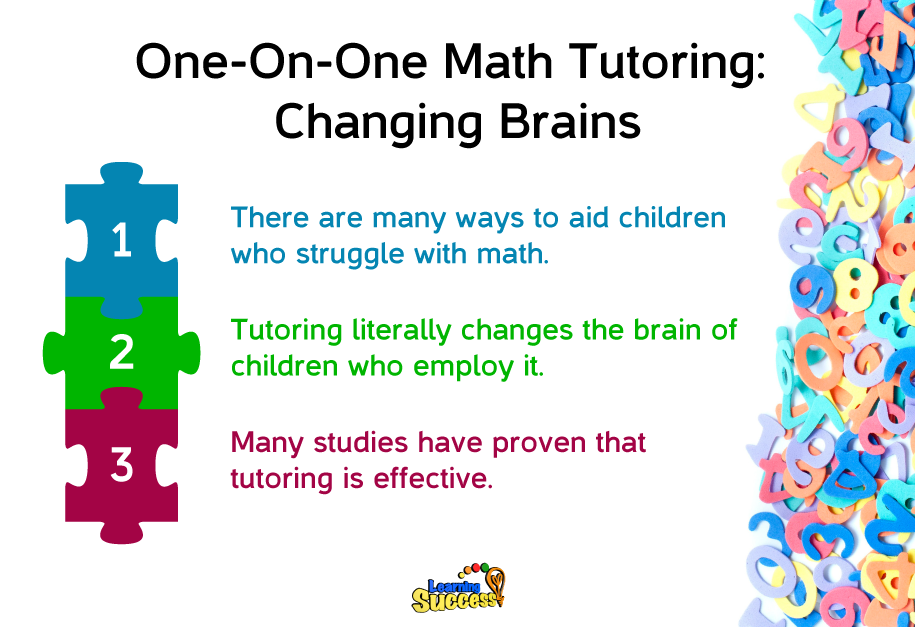
While children with learning disabilities may face daunting challenges, they can definitely overcome their weaknesses and take advantage of their gifts. In fact, recent studies suggest that with the proper tutoring and support, the brains of some students physically changed for the better thanks to good one-on-one tutoring.
Dyscalculia: Dyslexia for math
The article Tutoring Kids With Dyscalculia: What You Need to Know focuses on dyscalculia, which is a math learning disability. This disorder makes it difficult for students to understand numbers the same way that others do.
Luckily, scientists are starting to research this learning disability more, and try to find methods to help young students learn math. Research has shown that dyscalculia, like dyslexia, can can be aided and overcome by using different methods of instruction. Unfortunately, dyscalculia is a disorder that often falls off teachers' and parents' radars -- we all know about dyslexia, but fewer are aware of dyscalculia. As a result, these methods may be difficult to find, even though several schools are actively increasing their focus on learning challenges.

One-on-one learning to help math problems
Much of the research has shown that tutoring can provide an approproate learning environment for students to be successful and keep up in school. Essentially, tutoring can provide a specialized education program for students, which can also help them achieve long term success in their careers. One study used 15 children with dyscalculia and 15 without, and found that one-on-one tutoring significantly helped those suffering from dyscalculia. This method illustrates that extra care and release from math anxiety can make all the difference in the world to young students suffering from dyscalculia.
Tutoring physically changes the brain
A larger Stanford study discussed in Tutoring changes the brain in kids with math learning disabilities also supports this. 30 third graders received two months of one-on-one tutoring in basic math skills, half with learning disabilities and half without. They were given MRI brain scans, showing distinct differences between the children with learning disabilities and those without. The half with disabilities were given one-on-one tutoring, adjusting the pace and emphasis for each individual child. By the time the study ended, the children with learning disabilities had the the exact same brain scans as those without disabilities. One-on-one cognitive tutoring not only improved their math performance -- it physically changed their brains!
Key Takeaways:
Special tutoring outside of school is nothing but beneficial
These studies shed an interesting light on the nature vs nurture debate. When nurtured appropriately, even those genetically predisposed to neurodiversity can be happy, healthy, and successful. With one-on-one cognitive tutoring catering teaching methods to each individual, these struggling students could be on the road to success.
If you or someone you know is having difficulty with math then you’ll want to try our free assessment -- especially if you think dyscalculia might be the problem. Learn how to get to the root of the problem. Find out which micro-skills need strengthening and increase math learning ability. Take our assessment by clicking here!
Do You Need help with a Dyscalculia Difficulty?
Our simple online analysis will help you get to the core of the problem and find the right solution for you.
Understanding how to help someone with a learning difficulty starts with understanding which micro-skills are affected. When you learn which of the micro-skills is the problem, you will then be on your way to solving it.
You'll also learn how to:
- Build confidence
- Enhance Learning ability
- Eliminate avoidance
- Build grit
You can get this analysis for free by filling out this simple form. This will help you get to the bottom of a learning difficulty and provide you with a solution. If you are ready to put this problem behind you click the button below and fill out the form.










